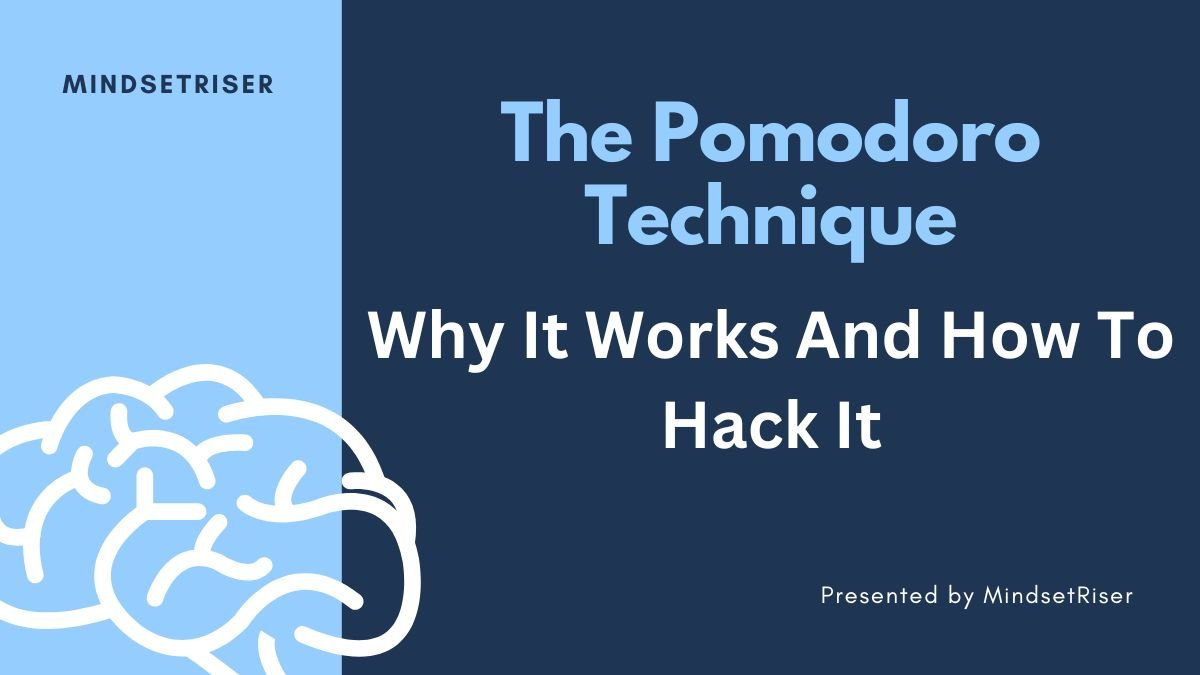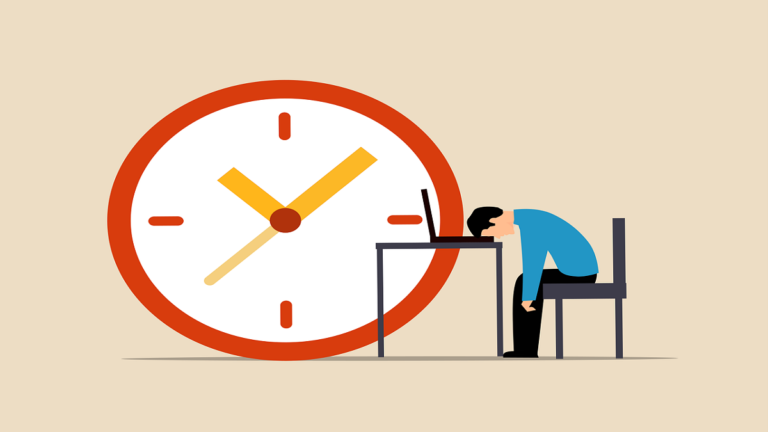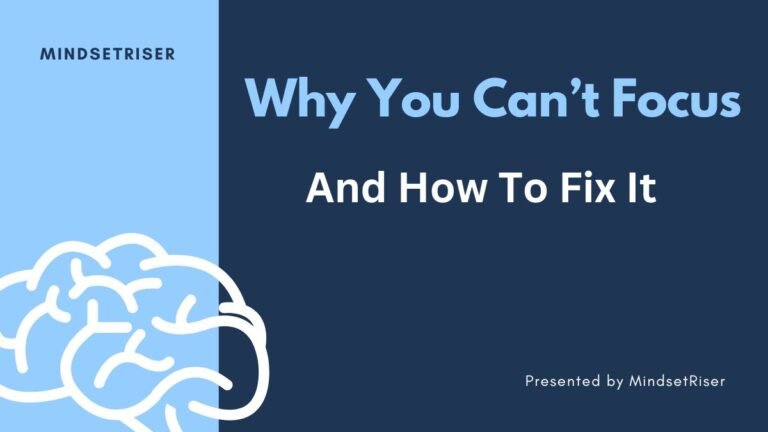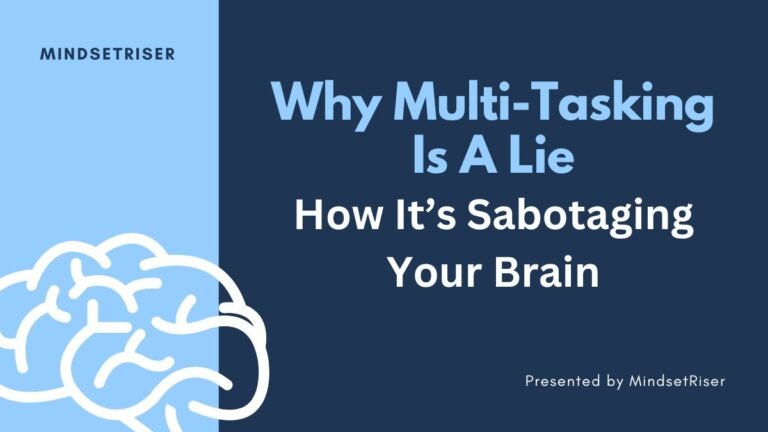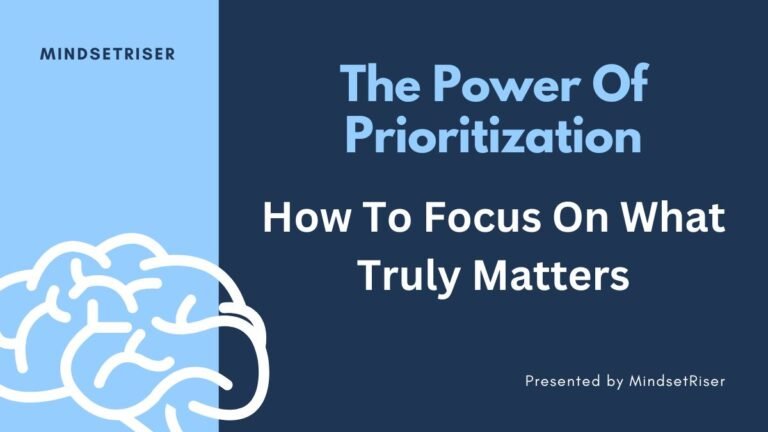The Pomodoro Technique: Why It Works (And How to Hack It)
The Pomodoro Lie: Why 25-Minute Intervals Are (Mostly) Bullsh*t Let’s rip off the band-aid: The classic Pomodoro Technique is outdated. Yes, Francesco Cirillo invented it in the ’80s with a tomato-shaped timer. Yes, it’s still worshipped by productivity nerds. But here’s the problem: Your brain isn’t a 1980s tomato. Modern neuroscience proves that rigid 25-minute sprints work for some people—and…
The Pomodoro Lie: Why 25-Minute Intervals Are (Mostly) Bullsh*t
Let’s rip off the band-aid: The classic Pomodoro Technique is outdated.
Yes, Francesco Cirillo invented it in the ’80s with a tomato-shaped timer. Yes, it’s still worshipped by productivity nerds. But here’s the problem: Your brain isn’t a 1980s tomato. Modern neuroscience proves that rigid 25-minute sprints work for some people—and cripple others.
If you’re still grinding in 25/5 cycles like a robot, you’re leaving hours of deep focus on the table. Let’s rebuild this system for humans, not kitchen timers.
Why the Pomodoro Technique Actually Works (Hint: It’s Not About Time)
The magic of Pomodoro isn’t the 25-minute rule. It’s psychology hacks disguised as time management:
- Forces “Time Affluence”: Short blocks trick your brain into thinking you have more time.
- Exploits the Zeigarnik Effect: Unfinished tasks haunt your brain, keeping you motivated.
- Prevents Burnout: Micro-breaks stop cortisol from nuking your focus.
But slavishly following 25/5 intervals? That’s like doing CrossFit in Crocs—possible, but deeply stupid.
Hack #1: Ditch 25 Minutes (Match Your Brain’s “Focus Waves”)
Your brain operates in ultradian rhythms—90-120 minute cycles of peak focus followed by crashes. Forcing it into 25-minute boxes is like revving a Ferrari in traffic.
Try this instead:
- Creative work: 45 mins on / 15 mins off (matches deep focus phases).
- Admin tasks: 25 mins on / 5 mins off (good for shallow work).
- Coding/Deep Work: 90 mins on / 30 mins off (aligns with ultradian peaks).
Pro tip: Use apps like Focus Keeper or Be Focused to customize intervals.
Hack #2: Turn Breaks Into Brain Fuel (No, Scrolling TikTok Doesn’t Count)
Most people waste Pomodoro breaks on Instagram, then wonder why they’re still exhausted. Breaks are for recovery, not distraction.
Science-approved break activities:
- 💡 NSDR (Non-Sleep Deep Rest): 10 mins of Yoga Nidra or breathwork (resets neurotransmitters).
- 💪 Micro-Workouts: 5 mins of push-ups or jumping jacks (boosts dopamine).
- 🌳 Nature Glitches: Stare at a tree for 2 mins (restores attention spans).
Steal this: Set a “break menu” on your phone lock screen with 3-5 recovery activities.
Hack #3: The “Pomodoro-Plus” Stack (Crush Resistance Like Adderall)
Pair Pomodoro with behavioral psychology tricks to bulldoze procrastination:
1. Temptation Bundling
- During work sprints: Listen to only your favorite playlist or podcast.
- After 4 intervals: Reward yourself with a guilty pleasure (e.g., 1 episode of The Bear).
2. The “5-Second Rule”
- When the timer starts, move within 5 seconds. No overthinking.
- Mel Robbins-approved hack to bypass resistance.
3. Failure-Proof Your Schedule
- Plan 1-2 flex Pomodoros daily for interruptions (kids, bosses, existential dread).
The Dark Side of Pomodoro: When It Destroys Productivity
Warning signs you’re using Pomodoro wrong:
- You’re constantly checking the timer.
- You quit deep work right as you hit “flow state.”
- Breaks stress you out more than work.
Fix it: Ditch the timer for open-ended sprints when you’re hyper-focused. Let your brain ride the wave.
Case Study: How a NASA Engineer Hacked Pomodoro for 10x Output
Meet Sarah (not her real name), who builds Mars rover software:
- Problem: 25-minute intervals shattered her deep focus.
- Hack: Switched to 90-minute “Martian Sprints” with 30-minute breaks.
- Result: Shipped code 3x faster, reduced errors by 40%.
Your takeaway: Adapt Pomodoro to your work type, not the other way around.

